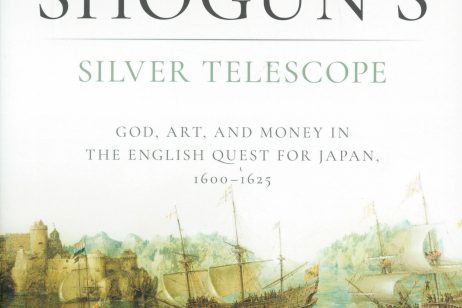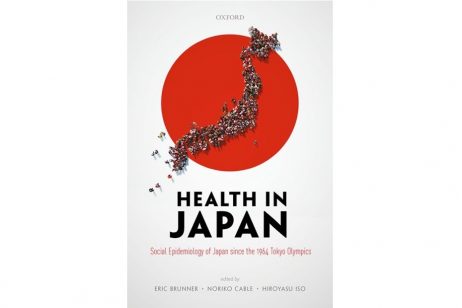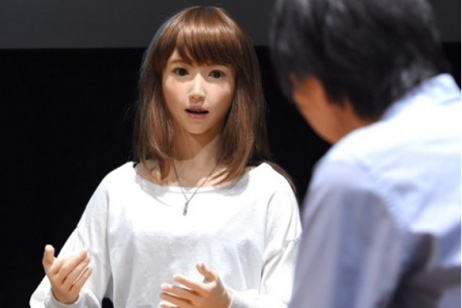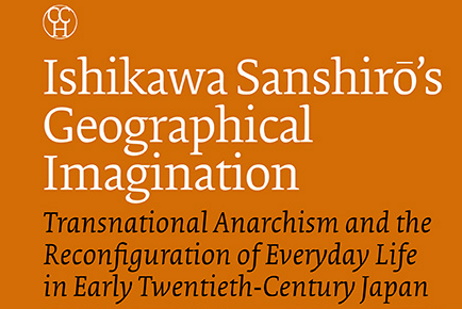10 December 2020
Kabuki: Matsumoto Kōshirō X on Tradition and Innovation
Kabuki is a traditional Japanese performance art known for its rich fusion of drama, dance, music, stylised gesture, and costumes. Although its rich history makes it tempting to consider it a solely traditional art form, kabuki is innovative and has consistently evolved to adjust with the times. In this webinar, Matsumoto Kōshirō X explained the relationship between tradition and innovation from the perspective of a kabuki actor, and shared his thoughts on how kabuki has responded to the pandemic and how it will evolve in the future.
Fully bookedMore info










